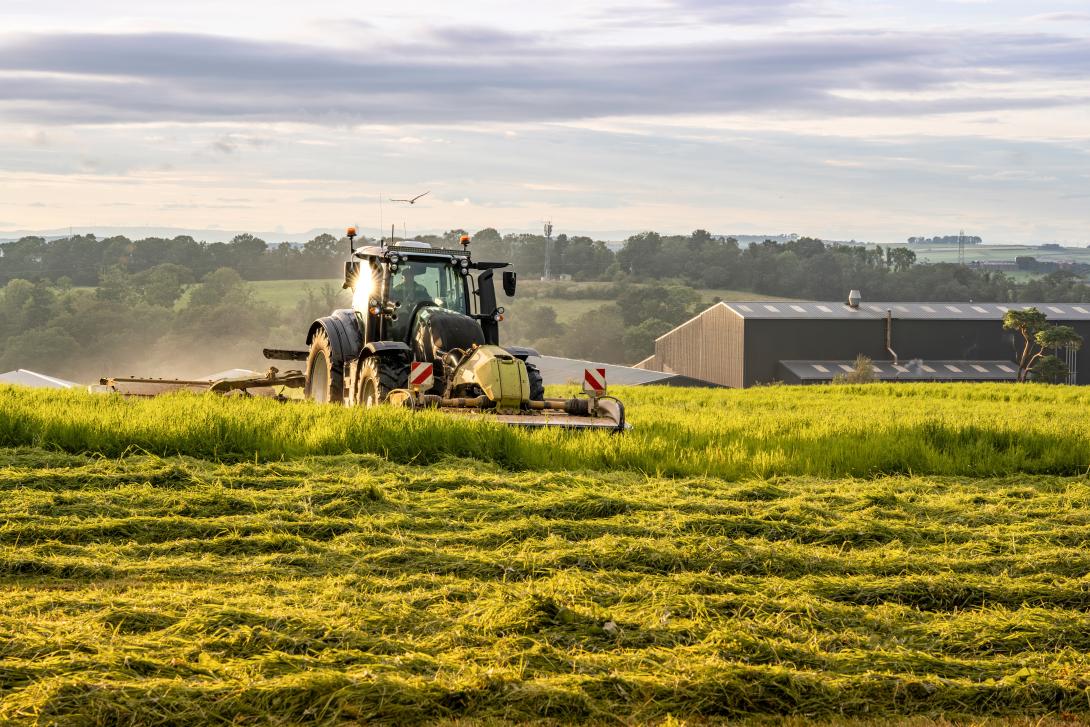
Farmers and landowners
Keeping your farm or land safe from fire not only protects your business, but those who work for you, your property and your family.
From storage of crops and chemicals to mixed use farms and what to do if there's a fire, take a look at our helpful guidance and information below to learn more.
Crops, grasslands and fire
Storage
- move hay and straw into storage as soon as you can after harvest, remembering to ensure it's dry in order to avoid spontaneous combustion. As wet hay sweats, heat is produced and can ultimately catch fire. For further information, see the NFU's 'Risk management programme for prevention of fires on farms' information sheet which provides helpful advice and information about spontaneous combustion.)
- keep hay and straw separate from your livestock housing (unless used as bedding)
- store it away from other buildings, particularly those housing fuels and chemicals
- space stacks of reasonable size at least 10 metres apart
- site away from public areas, such as footpaths etc. (Remember bales can be subject to arson so try to keep them in areas where the public cannot go. See our Arson section below)
- for information on monitoring the temperature of stored hay, see Dorset & Somerset Fire & Rescue Service dedicated page
Burning
If you're planning to burn stubble or certain crop residues, remember to check the Government Guidance which include helpful information on firebreak rules as well burning straw stack and broken bales.
Fire breaks
Where standing crops are immediately adjacent to nearby housing, consider putting in place a 2-metre fire break to help protect homes and the local community should a wildfire occur within the crop
Wildfires
Wildfires are becoming more common and most are started by human activity. For helpful information about wildfires and predicting how severe one could become, please go to our Wildfire section
Farm fire safety
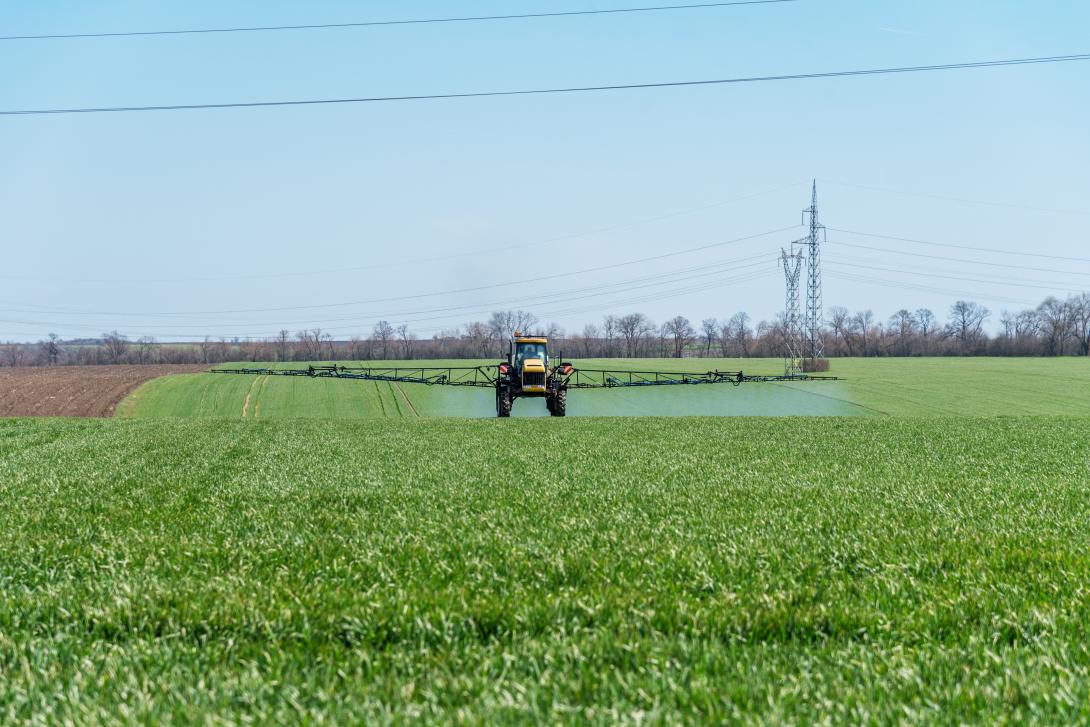
Electrics
Carry out regular electrical safety checks, making sure your electrical system and equipment is properly installed and maintained.
If your farm lies under overhead power lines, HSE Agriculture produce a useful guide to Electricity including information about overhead power lines and large agricultural machinery.
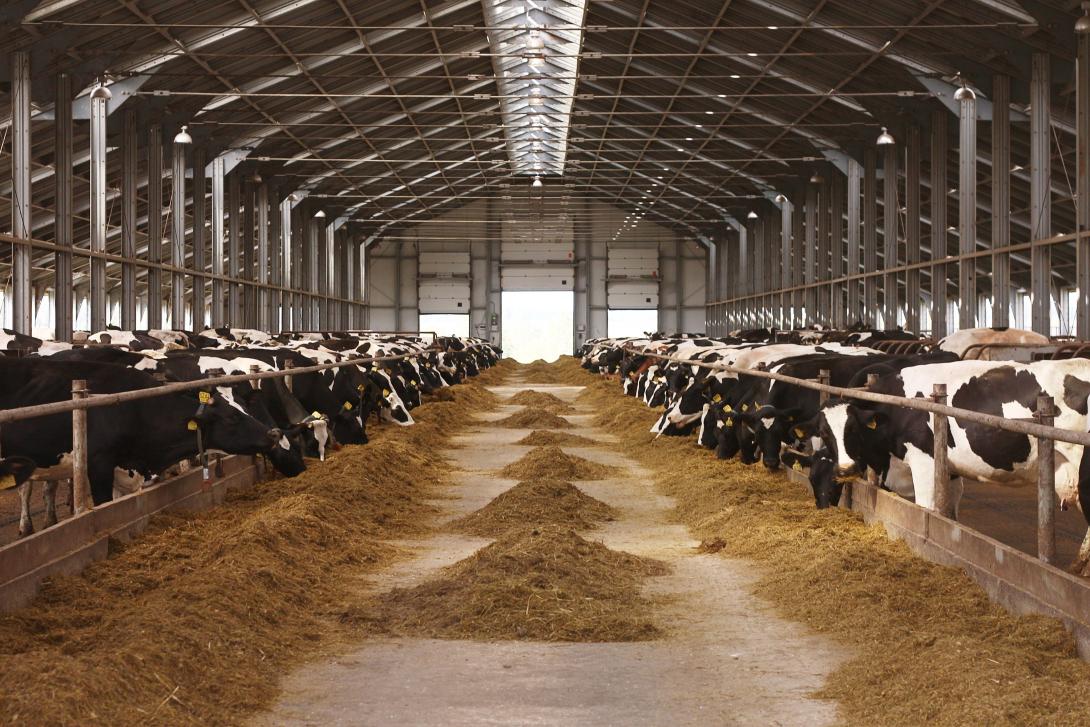
Farm fires and livestock
If you farm livestock kept in agricultural buildings, make sure you, and those who manage your stock, are aware of possible fire risks and know what to do in the event of a fire.
The Defra booklet 'Farm Fires - Protecting farm animal welfare' provides useful advice not only on protecting your animals' welfare, but on fire safety on the farm generally, including the design and construction of buildings.
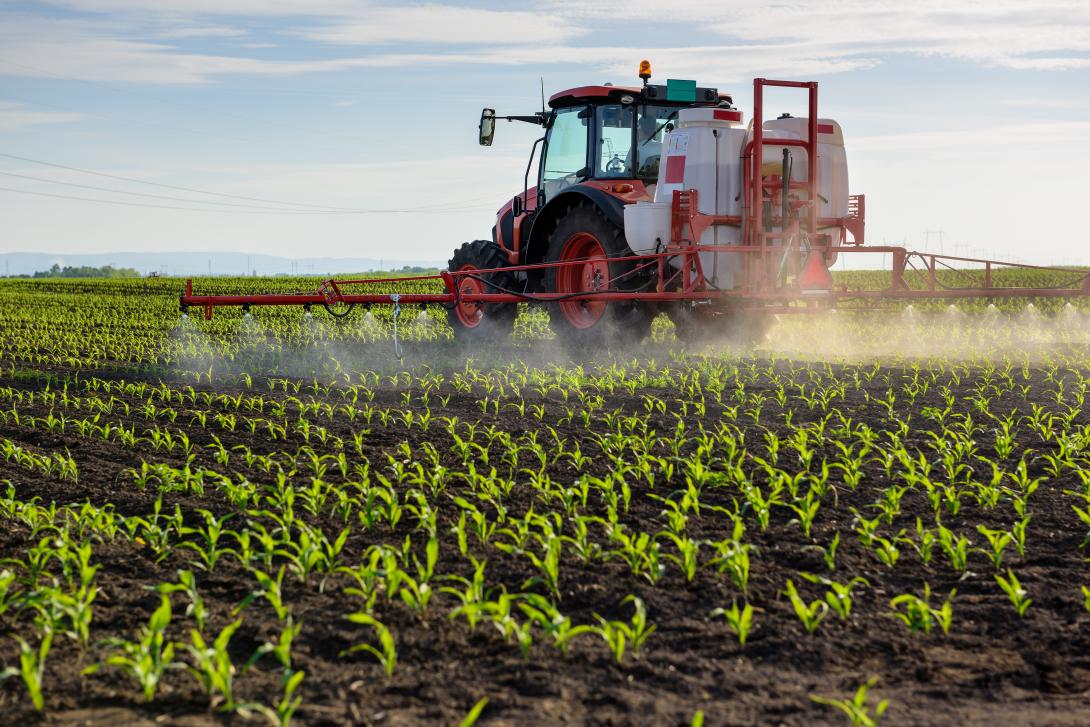
Farm machinery
Make sure your machinery is kept clean, well maintained and regularly serviced to reduce the risk of fire
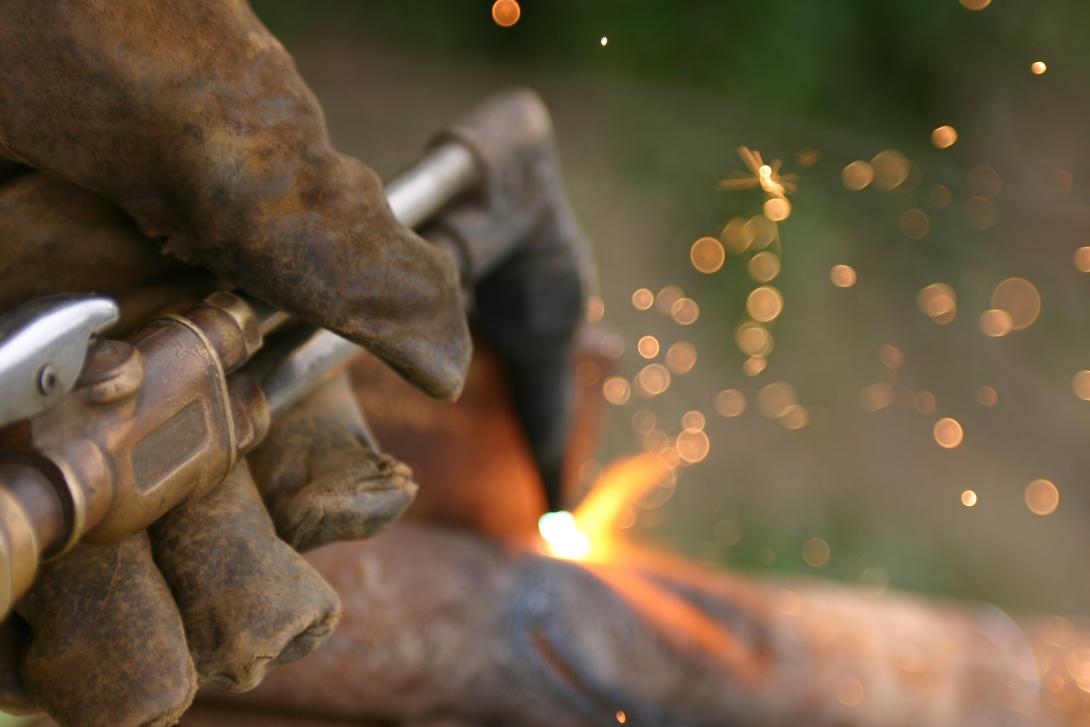
Hot works
If you need to undertake hot works such as welding or grinding, make sure it's done well away from any materials that can catch fire, and buildings used for the storage of hay or straw.
Storing chemicals and combustible materials
Correctly storing chemicals, pesticides and combustible materials including fuel oils is important to help keep your farm safe from fire.
Remember to make sure they are:
- stored securely
- correctly labelled
- away from other buildings
- stored away from areas the public can go
- use separate storage units (for additional information about equipment powered by lithium batteries see our dedicated section)
Do:
- store flammable materials away from livestock and vehicles
- only store what you need
- carry out your COSH assessment (see below)
Storing nitrates?
If you use ammonium nitrate on your farm, you must notify us if you store 25 tonnes or more and mark the entrance to your site with a warning sign. However, because nitrates not only pose a fire and explosion hazard but can also cause a risk to the environment, we ask the farming community to let us know if you are storing one tonne or more. Please go to our dedicated page for further information.
Guidance
Dependent on what you are storing and where, check out the relevant government guidance for the:
Mixed use farm?
If you use buildings on your farm or land for purposes such as offices, holiday lets, B&B, Air BnB, farm shops, or other forms of small non-domestic premises, take a look at our mixed use farm page for helpful information and guidance on what you need to know and do to meet your fire safety obligations.
What to do if there's a fire on your farm or land
Agricultural fires
Get to a safe place away from the fire and call 999. Tell them:
- your location - provide an ordnance survey grid reference or What3words if you can
- what is burning or may catch fire, for example, chemicals, hay etc
- how the fire engines can get access to the fire
- if accessing water supplies will be a problem
- when the fire crew arrive, let them know who you are
Once everyone is safe
- make plans to evacuate livestock if the fire spreads
- assist the fire service if necessary by using farm machinery to move straw, hay etc
Arson
Arson is deliberately setting fire to something or somewhere, including in open spaces such as the countryside or heathland. It's not only a criminal offence - arson destroys property, ruins landscapes and lives.
To help reduce the risk of arson on your farm or land
- lock your buildings and sheds
- ensure chemicals, pesticides, fuels and fertilisers are locked away
- make sure you have no damaged fencing or gates
- use and display security alarms, lighting and notices
- dogs or geese can alert you to intruders
Get hay and straw in from the fields as soon as possible and store securely and safely - see the 'Crops, grassland and fire' section above for information about storage. For further general information please see our Arson page